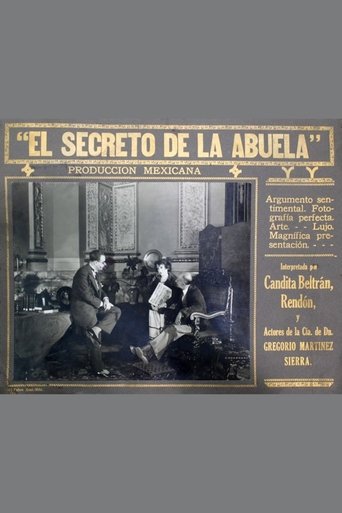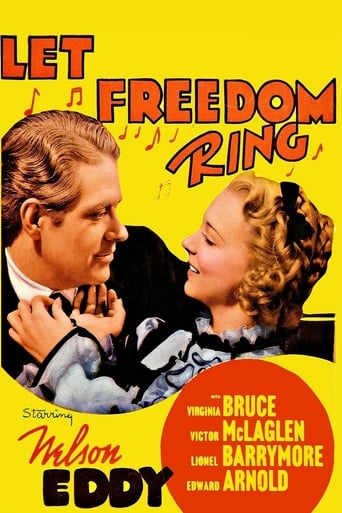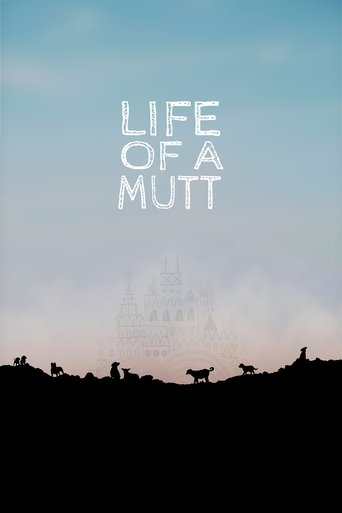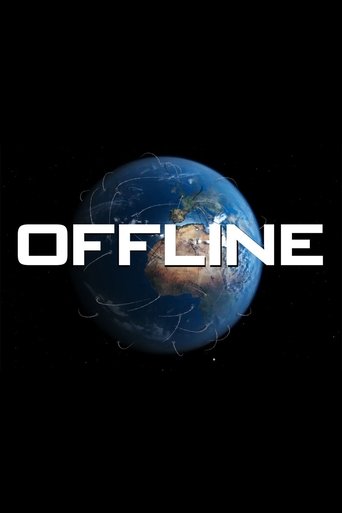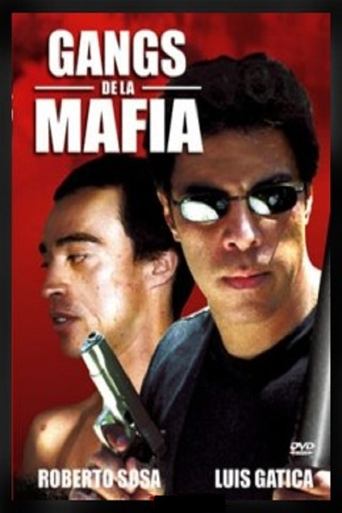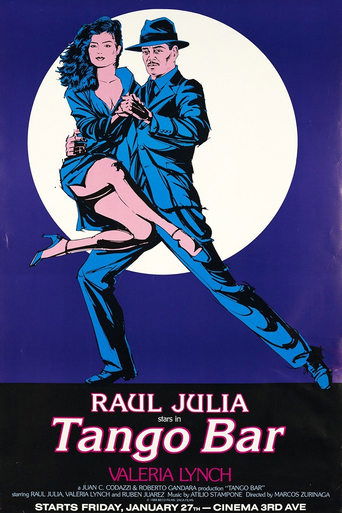
- May 18, 2011
- 26 min
-
Full-HD
Regreso a «Viridiana» (2011)
Spain, 1960. French student Monique Roumette lives in Madrid on a scholarship. Thanks to a friend who works in the production company Uninci, she has the privilege of attending the shooting of Viridiana, a film directed by Luis Buñuel.
Category
Country
Spain
Companies
TCM España
Monique Roumette
Herself


